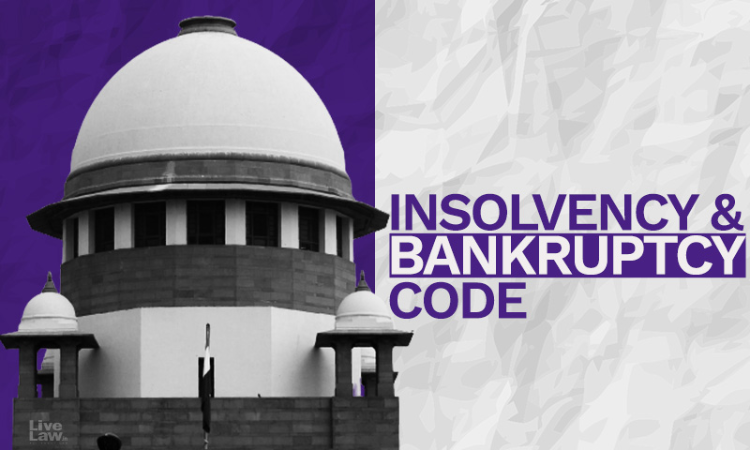SARFAESI Proceedings Cannot Be Continued Against Corporate Debtor Once CIRP Is Admitted And Moratorium Is Ordered: Supreme Court
Ashok KM
18 May 2022 9:26 PM IST

Next Story
18 May 2022 9:26 PM IST
The Supreme Court observed that the proceedings under the SARFAESI Act cannot be continued once the CIRP is initiated and the moratorium is ordered.The bench comprising Justices L. Nageswara Rao and B R Gavai noted that, in such a situation, any action to foreclose, recover or enforce any security interest created by the Corporate Debtor in respect of its property including any action under...
